|
In general, Chile seems to be a place where politics is always a topic of conversation. I would say this is true even more than when I was living in Washington, DC, and certainly more than my experiences in Bolivia. Memorializations of political events are constantly popping up on facebook (see screen shots below), and particularly the dates of certain political events become names of social organizations. While in Bolivia there are many streets named after the dates of important political events (i.e. Avenida 6 de Agosto—which is the date on which Bolivia gained independence), in Chile the dates used for less formal naming are often the dates on which important political figures were assassinated. My prime example of this is an afterschool tutoring program that Juan and Raquel introduced me to. Less than a year ago, a group of about 10 university students in Iquique built from scratch a building the neighborhood where Juan grew up and now offer tutoring on Tuesday and Saturday afternoons for kids who live nearby. The school is called Escuela Popular 29 de Marzo after two brothers that were assassinated by the Pinochet regime on that date. Their pictures appear on a large banner on one wall, and the first time I attended everyone was making t-shirts with their faces and the school’s logo. A painting of the 2 assassinated brothers, Rafael y Eduardo Vergara Toledo, takes up left side of the banner and the likeness of Paulo Friere, author of Pedagogy of the Oppressed, occupies the right. In the photo above, next to the banner is a small picture of Vladmir Lenin. On another wall is a similar small photo of Subcomandante Marcos of the Ejercicio Zapatista Liberacion Nacional (Zapatistas). This is in contrast to photos in the one official colegio I have entered in Alto Hospicio, which is a Jesuit institution. There, like in all official schools in Chile, a picture of President Piñera is prominently displayed in the lobby and in each classroom. These pictures of political figures in the Escuela Popular, along with its name, clearly communicate allegiance to a different sort of politics than the nationalism displayed in official schools.
0 Comments
Today is 12 of October. In the Midwest, where I went to elementary school, this is known as Columbus Day. Later, as I gained a bit more worldly perspective I came to call it Indigenous People’s Day or Genocide Day under my breath. A few days ago, I got upset when my mother, who is a second grade teacher, mentioned she had Columbus Day off—partly because it is still institutionalized and partly because she called it Columbus Day without a hint of critique. But I’ll cut her some slack. When I’m in central Illinois she usually lets me come talk to her class about colonization. And the amazing thing is, when you explain that colonization was simply a bunch of Europeans who wanted to take the resources on another continent and felt it was necessary to murder, enslave, rape, and destroy the residents of that place in the process, even 8 year olds are pretty quick to realize that this is not something to be celebrated. I arrived at the Preuniversitario where it was held around noon and was immediately asked where I’m from. I felt a little defensive and said that Raquel had invited me and hoped it would be ok if I could just stand in the back and watch. And then I realized the woman had asked me because all of the other audience members had pin on badges that announced what country they are from. Chile and Peru dominated the group of 50, but there were a few small nametag-sized Bolivian, Ecuadorian, and Colombian flags pinned to shirts as well. Unfortunately there were no United States pins on hand, but they were happy to have me. The chairs were all full, so I stood along the back and watched a slide projection on the front wall. There were pictures of Alto Hospicio and various local groups interspersed with graphical slogans such as “12 de octubre, 2013: 521 años de resistencia” [521 years of resistance] and “Por la dignidad de los pueblos americanos, 12 de octubre nada que celebrar” [For the dignity of american peoples, 12 October is nothing to celebrate]. The program began with a Chilean Cueca dance performed by two pairs adolescent boys and girls. Then the Ecuadorian woman who had greeted me earlier performed a pop song from her country. Representatives from the Colombian and Ecuadorian immigrant associations in Iquique spoke. An Afro-Peruvian woman sang two more songs, and several community figures and political candidates spoke briefly. Scattered throughout all of these various performances were discourses about the unity of the Americas against Europeans and Gringos (“that’s me!” I thought…). The Peruvian singer shouted several times over the boombox that accompanied her “America Latina es una sola!” As the last local leader was speaking, Raquel came and stood next to me at the back. She asked if I could stay for the reception afterwards because she’d like to introduce me to a few people. I accepted and met several of the people she works with at the Preuniversitario along with being coerced into eating plenty of bocadillos, ceviche, and grilled shrimp. As the reception was ending, Raquel’s friend Juan called everyone to the back room to take a photo. I lingered in the front room, but he singled me out saying “You too, Nell. You’re from the Americas. We need our representative from the United States present.” So I followed the crowd to the back, where we rearranged ourselves a number of times against a backdrop of handpainted paper flags, and finally got a decent shot (well, you can be the judge). There is certainly some multicultural pride here in Alto Hospicio, at least when it comes to public presentation. And the mix of anti-colonial and multi-cultural discourses was interesting, but not surprising given what I’ve seen here so far. But what I find most interesting is the memorialization that occurs through such events. Though the focus is on celebration and community, it is framed by this discourse of resistance to colonization and a memorialization of a past that continues to influence present events. One of the SocNet themes of focus is on the way memorialization occurs through social networks (see Shriram Venkatrama's account from India here). I’ve been keeping my eye out for Facebook pages dedicated to individuals who have died, but perhaps more important are these ways of memorializing political events and figures, not only online but in real life events, and the naming of institutions (more on that in the next post!).
 There is a certain excitement in gaining a new facebook friend. Sometimes you come across someone from the past and suddenly they are catapulted into the present. They’re married. They have 3 kids? Their hair is an entirely different shade than it was 10 years ago. They post conservative political memes. What a shame…they used to be so open-minded. But it is a different sort of excitement when an acquaintance becomes a facebook friend. Yesterday, my neighbor Sarita, who I have known for a month, requested my friendship. I know a few things about her already: She is divorced. She has 4 children. I know where she lives. I know her job. A few nights ago, when she came over to collect my portion of the electricity and gas bills, we ended up talking about Chilean politics. But that is pretty much an exhaustive list. But it is an entirely different sort of excitement when an acquaintance becomes a facebook friend. Yesterday, my neighbor Sarita, who I have known in passing for a month, requested my friendship. I know a few things about her already: She is divorced. She has 4 children. I obviously know where she lives. I know what she does for a living. A few nights ago, when she came over to collect my portion of the electricity and gas bills, we ended up talking about Chilean politics. But that is pretty much an exhaustive list.
But now, facebook gives me a much wider view of her personality. I have discovered her birthday was just a few days after we met, and suddenly feel slight guilt that I didn’t wish her a happy day. I have a sense of her taste in music because she has posted several youtube videos of songs to her account. I see a bar where she was tagged in Iquique. I see that she wished Dios blesses her friends often. There is a photo of her hiking in the desert from last year. These things are certainly not reaching into the deepest recesses of her personality. But they are providing insight to aspects I might not have learned quickly otherwise. I suppose she may share a wider variety with “close friends,” but perhaps what is more interesting is what does not appear. There are no pictures of her children. There is no reference to her job. Not even a reference to Alto Hospicio (her location says Iquiuqe). There are no political memes or commentary. No mention of the fact that she is taking night classes for a liceo in Social Work at the university in Iquique. And it leaves one to wonder…what else doesn’t appear here? The new-new facebook friend also creates a certain anxiety about what she now knows about me. Though Sarita only sees some of what I post, she may now have a glimpse into my family, my politics (which can be a little radical at times), and my propensity to have fotos taken of myself in bars with punk rock tattooed friends. Will my proclaimed atheism worry her? Will the pictures of Marcelo blowing condoms like balloons at my despedida from La Paz shock her? And with this, questions of editing again emerge. I second guess if I should keep certain pictures tagged. What image do I want to present to Sarita, to others in Alto Hospicio, to the academic world, to friends of friends? And in a way, I’m lucky to have not only facebook privacy settings at my disposal, but language barriers that I can use to my advantage. Political rants go in English (though I’m sure they upset many friends from my small town high school). When posting in Spanish I can be a bit more understated. And of course I have friends in the US who are capable of using google translate, and South American friends who speak excellent English. But nonetheless, it’s interesting to think about the ways we tailor, edit, and curate. And the ways we worry about it. No doubt what we present, especially for those that move from acquaintance to friend via facebook, has real social impact. |
themes
All
archives
August 2022
|
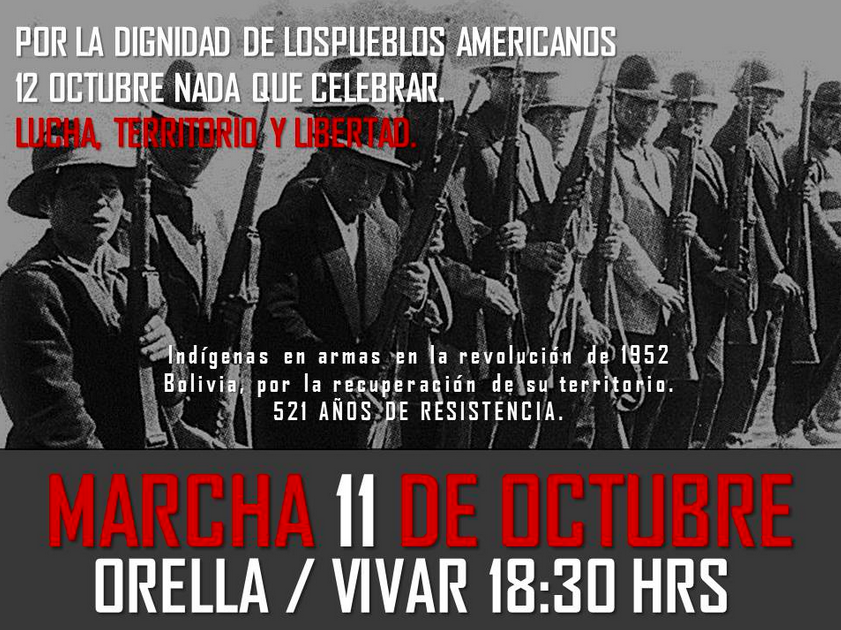
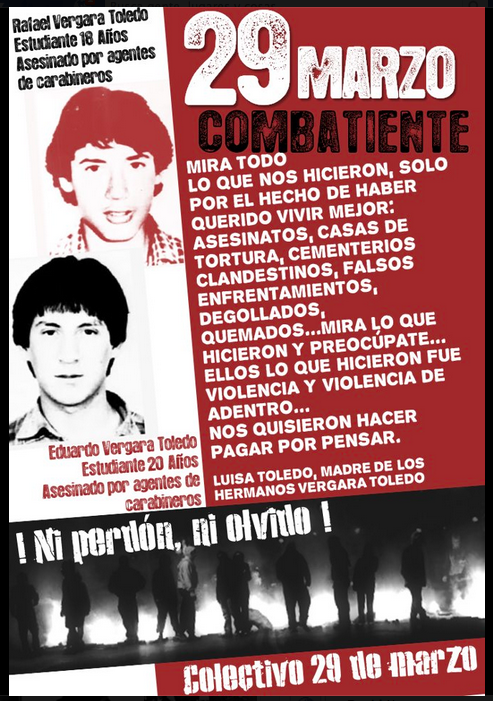
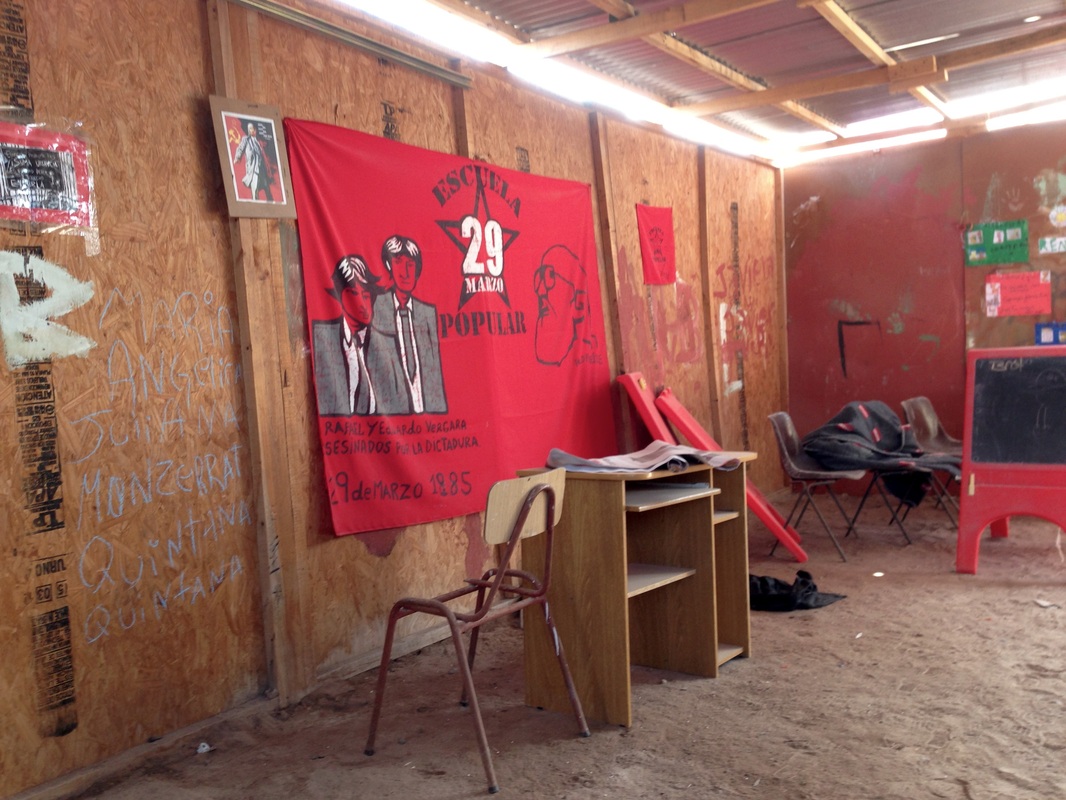
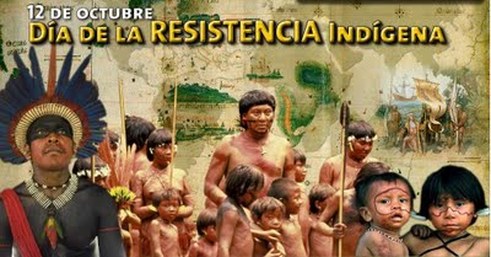
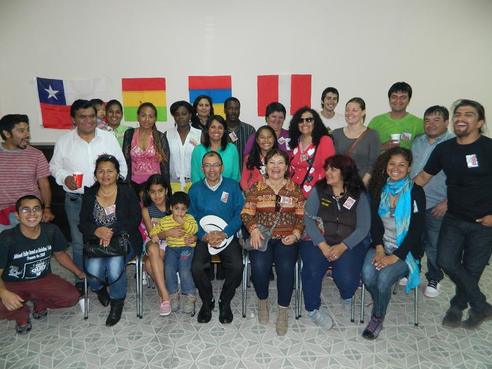
 RSS Feed
RSS Feed
